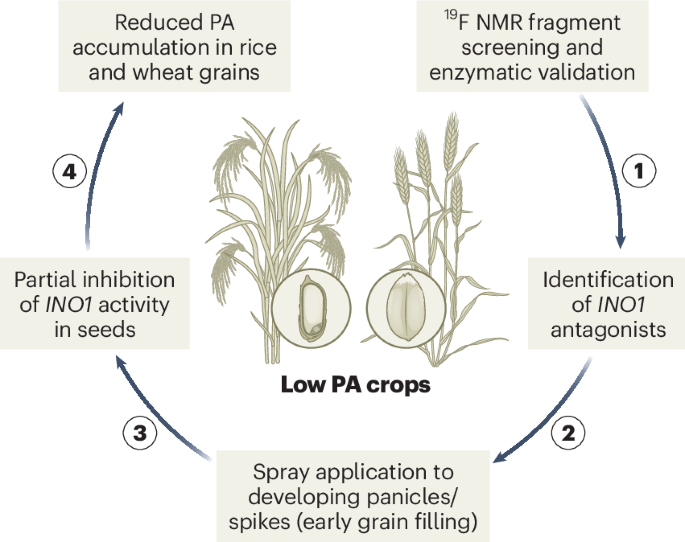- Research Highlight
- Published:
Stem cells
Nature Reviews Molecular Cell Biology (2025)Cite this article
Subjects
In a study published in Cell Stem Cell, Deng and colleagues achieved the reprogramming of human blood cells to pluripotent stem cells using small molecules.
The authors tested reprogramming conditions on isolated mononuclear cells from the human cord blood that were expanded in well-established erythroid progenitor cell (EPC) conditions. They used small molecules that target major development-related pathways as well as compounds that inhibit enzymes associated with histone modifications to downregulate EPC-related genes. Treatment with late-stage reprogramming conditions and inhibition of the PRC2 complex (which increased reprogramming efficiency) resulted in proliferative cells that formed colonies that expressed pluripotency factors. A similar approach was applied to expanded EPCs isolated from adult human peripheral blood, demonstrating that the authors had developed a robust protocol to obtain hCiPS cells from two sources of blood cells.
This is a preview of subscription content, access via your institution
Access options
Access Nature and 54 other Nature Portfolio journals
Get Nature+, our best-value online-access subscription
$32.99 / 30 days
cancel any time
Subscribe to this journal
Receive 12 print issues and online access
$209.00 per year
only $17.42 per issue
Buy this article
- Purchase on SpringerLink
- Instant access to full article PDF
Prices may be subject to local taxes which are calculated during checkout
References
Rights and permissions
About this article
Cite this article
Baumann, K. Chemical reprogramming of human blood cells. Nat Rev Mol Cell Biol (2025). https://doi.org/10.1038/s41580-025-00887-4
-
Published:
-
DOI: https://doi.org/10.1038/s41580-025-00887-4


